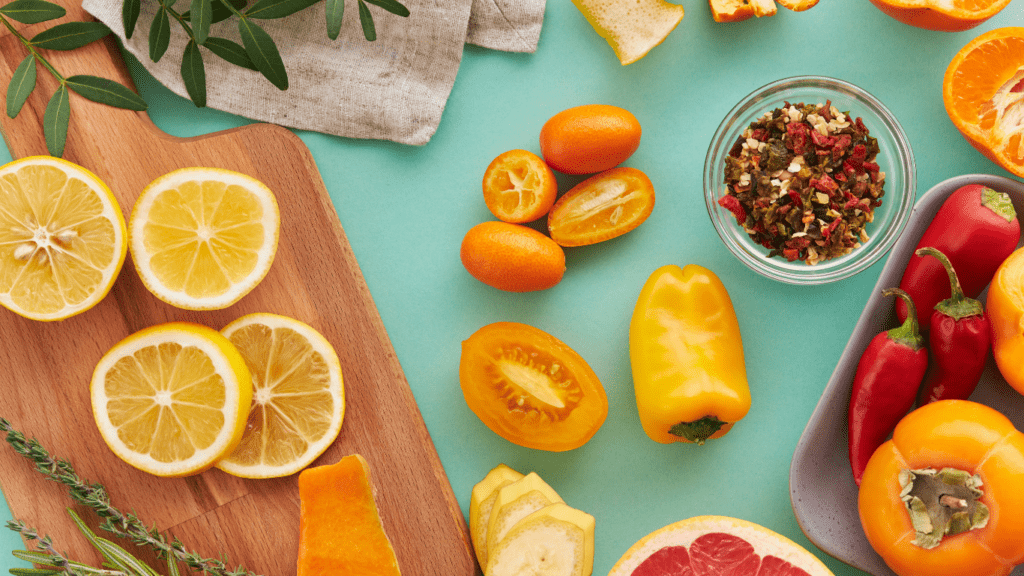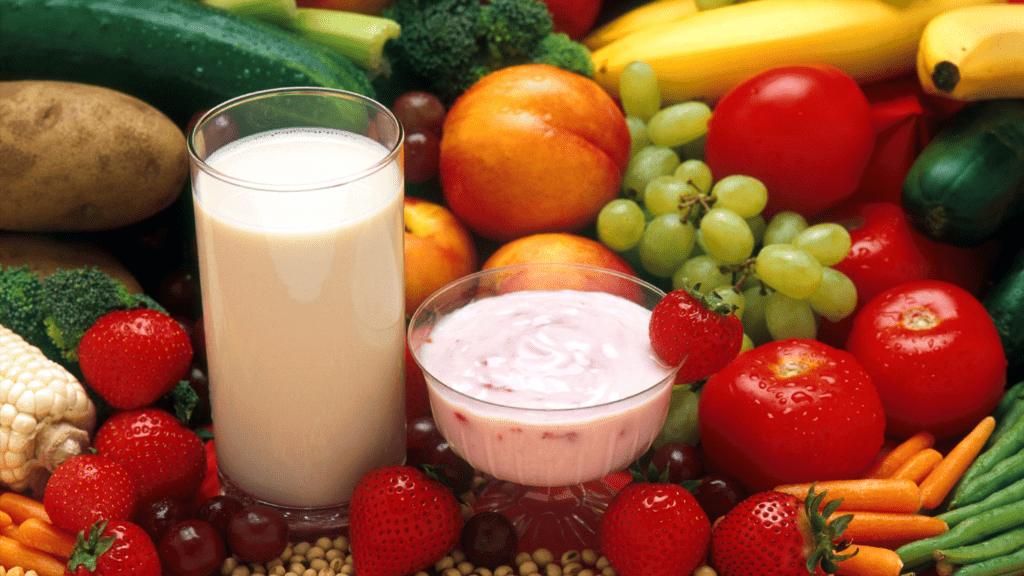Understanding the Immune System
The immune system serves as the body’s defense against harmful invaders like bacteria, viruses, and fungi. Comprising a network of cells, tissues, and organs, this complex system works synergistically to identify and neutralize threats. Key components include white blood cells, lymph nodes, and the spleen.
Key Components
- White Blood Cells: Leukocytes play a crucial role in detecting and fighting infections. They’re categorized into phagocytes and lymphocytes.
- Lymph Nodes: These small structures filter pathogens from lymph fluid, trapping bacteria and viruses for removal.
- Spleen: It helps filter blood, removing old or damaged blood cells, and also fights certain kinds of bacteria.
How It Functions
- Detection: The immune system detects foreign invaders through specialized receptors on white blood cells.
- Response: Once detected, the system releases cytokines to communicate with other cells and orchestrate an attack.
- Memory: After an encounter, some lymphocytes become memory cells, enabling a faster response to future attacks by the same pathogen.
- Nutrition: Vitamins and minerals, including Vitamin C, Zinc, and Iron, influence immune function.
- Exercise: Regular physical activity can enhance immune response by improving circulation and reducing inflammation.
- Sleep: Quality sleep aids the body in repairing itself and maintaining a balanced immune response.
Understanding these mechanisms is crucial for appreciating how diet and lifestyle choices can bolster the immune system.
Top Foods to Boost Your Immune System
Certain foods can significantly enhance immune function, making the body more resilient to illness. Below are some of the top foods to include in your diet for a stronger immune system.
Citrus Fruits
Citrus fruits, like oranges and grapefruits, are packed with vitamin C. Vitamin C increases white blood cell production, which is vital for fighting infections. Since the body doesn’t produce or store vitamin C, daily consumption is key. Lemons, limes, tangerines, and clementines are also excellent sources.
Red Bell Peppers
Red bell peppers contain twice the vitamin C of citrus fruits. High in beta carotene, they can boost eye and skin health. They’re easy to add to salads, stir-fries, or eat raw with dips.
Broccoli
Broccoli is rich in vitamins A, C, and E, as well as fiber and antioxidants. Eating it raw or lightly cooked ensures it retains these nutrients. It’s also versatile in soups, salads, and as a side dish.
Garlic
Garlic increases immune response efficiency. Its sulfur-containing compounds, such as allicin, have shown to enhance the disease-fighting response of certain white blood cells. I add it to numerous dishes like:
- soups
- sauces
- stir-fries
Ginger
Ginger reduces inflammation and can alleviate sore throats. Its active compound, gingerol, offers antioxidant properties. I include it in teas, marinades, smoothies, and soups for both its flavor and health benefits.
Spinach
Spinach is loaded with vitamin C, beta carotene, and numerous antioxidants. It enhances infection resistance when eaten raw or lightly cooked. I often add it to salads, smoothies, and stir-fries.
Yogurt
Yogurt with live and active cultures can stimulate the immune system. Look for those fortified with vitamin D to further enhance immune health. I enjoy it with fruits and honey or in smoothies.
Almonds
Almonds are high in vitamin E, crucial for a healthy immune system. A half-cup serving provides nearly all the recommended daily amount. They make for a great snack or an addition to cereals and yogurt.
Turmeric
Turmeric has potent anti-inflammatory properties due to its concentration of curcumin. This helps boost immune cell activity. I use turmeric in curries, soups, and smoothies.
Green Tea
Green tea is rich in antioxidants like flavonoids and catechins. These compounds enhance immune function and protect against oxidative stress. Drinking a couple of cups daily can provide significant health benefits.
Benefits of Including Immune-Boosting Foods in Your Diet

Eating immune-boosting foods significantly enhances overall health. These foods contain essential vitamins, minerals, and antioxidants that support immune function. During seasonal changes or stress periods, maintaining a strong immune system is crucial for staying healthy.
Improved White Blood Cell Production
Certain foods increase white blood cell production, enhancing the body’s ability to fight infections. Citrus fruits and red bell peppers, packed with vitamin C, boost white blood cell count and activity. This strengthens the body’s first line of defense against pathogens.
Enhanced Antioxidant Levels
Antioxidant-rich foods protect cells from damage by neutralizing free radicals. Green tea, rich in catechins, and turmeric, with its active compound curcumin, reduce oxidative stress. Consuming these foods can lower the risk of chronic diseases linked to inflammation.
Anti-inflammatory Properties
Chronic inflammation undermines immune health. Foods like ginger and garlic possess anti-inflammatory properties, reducing inflammation and supporting immune function. Incorporating these ingredients into meals can promote a balanced inflammatory response.
Gut Health Support
A healthy gut is vital for a robust immune system. Yogurt and almonds, containing probiotics and prebiotics respectively, foster beneficial gut bacteria. A balanced gut microbiome enhances nutrient absorption and reinforces immune defense mechanisms.
Increased Nutrient Absorption
Spinach and broccoli are nutrient-dense, aiding in better absorption of vitamins and minerals essential for immune health. These vegetables provide folate, vitamin A, and fiber, which collectively support various immune processes.
Daily Energy Levels
Including immune-boosting foods in your diet can lead to improved energy levels. Nutrient-rich foods provide sustained energy, reducing fatigue. This helps maintain physical activity, further supporting immune health.
Enhanced Response to Vaccines
A strong immune system ensures a better response to vaccines. Foods that enhance immune function can improve vaccine efficacy. For instance, the antioxidants in green tea and the probiotics in yogurt can potentially contribute to a more effective immune response after vaccination.
Reduced Illness Duration
Immune-boosting foods can shorten the duration of illnesses when consumed regularly. Vitamin C-rich foods speed up recovery from colds by enhancing the immune response. This reduces downtime and improves overall well-being.
Including a variety of these immune-boosting foods in your diet ensures a comprehensive approach to enhancing immune function. By understanding the specific benefits of each food, you can make informed dietary choices that lead to a stronger, more resilient immune system.
Tips for Incorporating These Foods into Your Meals
Start Your Day with a Boost
I find that incorporating immune-boosting foods into breakfast sets a healthy tone for the day. Add citrus fruits like oranges or grapefruits to a morning smoothie. Toss in some spinach for added nutrients. You can also use yogurt with a handful of almonds for a quick, nutritious breakfast.
Make Lunch Nutritious and Flavorful
Loading lunch with immune-friendly ingredients can improve midday energy levels. I often prepare a salad with red bell peppers, broccoli, and spinach. Top it with grilled chicken or tofu, and a ginger-turmeric dressing for extra immune support. A bowl of vegetable soup with garlic and greens can also be a hearty and healthful option.
Enhance Dinners with Variety
Dinner offers a great opportunity to include a variety of these beneficial foods. I like to make stir-fries with garlic, ginger, and plenty of colorful vegetables like red bell peppers and broccoli. Serve this over brown rice or quinoa. Fish and lean meats with a side of steamed spinach can also be excellent choices.
Snack Smartly
For snacking, I go for immune-boosting options. Almonds and yogurt make a great team, providing a mix of healthy fats and probiotics. Fresh fruit like oranges or apples can also be a satisfying and nutritious snack. Combining green tea with a small handful of nuts gives an extra antioxidant boost.
Spice Up Your Cooking
Using immune-boosting spices in daily cooking can be easy and flavorful. Incorporate turmeric into soups, stews, or even scrambled eggs. Add ginger to dressings, marinades, or teas. Garlic can be included in sauces, dressings, and stir-fries to enhance both flavor and health benefits.
Plan Ahead
When meal planning, I ensure to include a range of these foods throughout the week. Batch cooking recipes that incorporate multiple immune-boosting ingredients helps maintain a balanced diet. Freezing portions of vegetable-rich soups and stews provides convenient, healthy options on busy days.
Experiment with Recipes
I encourage experimenting with recipes to naturally include these foods. Trying new dishes with a focus on immune health can keep meals interesting. For example, experiment with yogurt-based dressings for salads or create turmeric-spiced roasted vegetables. Mix and match ingredients to find combinations you enjoy.
Stay Consistent
Consistency is key in reaping the benefits of immune-boosting foods. I integrate these foods into regular meals to maintain a strong immune system. Building routines around nutritious choices supports overall health and well-being.


 Amelie Glover played a pivotal role in shaping the success of News Flip Network through her expertise and dedication. With a keen eye for detail, she focused on ensuring the platform’s content flows smoothly, making it both engaging and informative. Glover’s efforts in organizing the site’s structure and managing editorial tasks helped create a seamless user experience, enhancing the accessibility of news for readers around the world.
Amelie Glover played a pivotal role in shaping the success of News Flip Network through her expertise and dedication. With a keen eye for detail, she focused on ensuring the platform’s content flows smoothly, making it both engaging and informative. Glover’s efforts in organizing the site’s structure and managing editorial tasks helped create a seamless user experience, enhancing the accessibility of news for readers around the world.